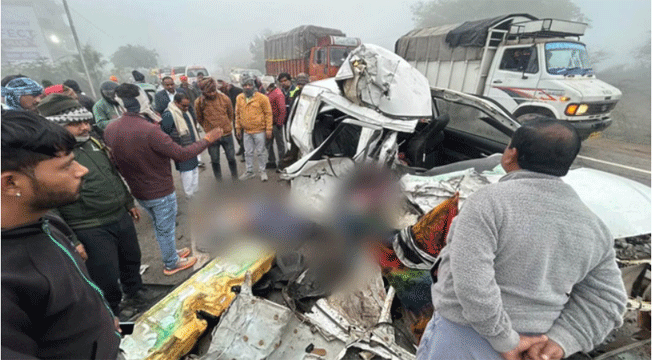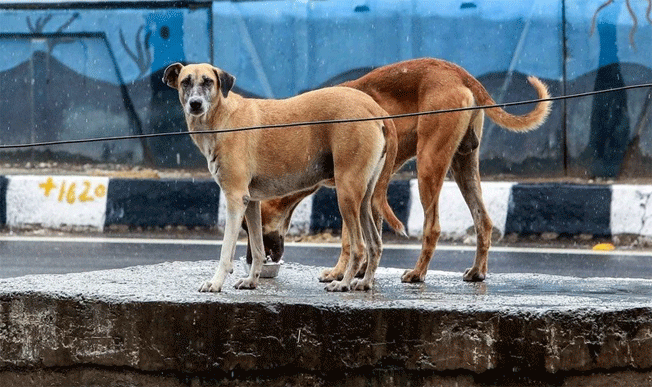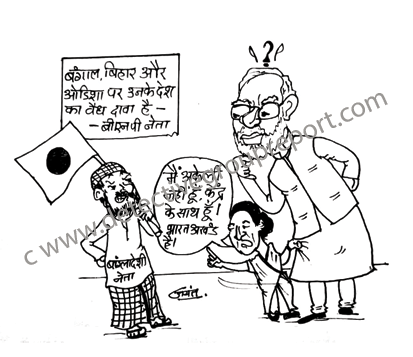Let's home in on India, which is 'celebrating' the 30th anniversary of the economic reforms that ushered it into the era of globalisation. There is, of course, no celebration going on, given the country is in the middle of its worst health and economic crisis since Independence. But this is not purely a coincidence. These 30 years have actually helped set the stage for such crises, and unless there is rapid and radical course correction, we will have to confront many more and worse crises in the future.
In 2012, we published Churning the Earth: The Making of Global India, which analysed, in great detail, the economic, ecological, and socio-cultural impacts of 20 years of globalisation. We showed how macro-economic policies that favoured integration into a global economy rather than domestic self-reliance greatly enhanced the entry of private corporations (domestic and foreign), and relaxed crucial environmental, land, labour and other safeguards in the name of 'reducing red tape', had a massive negative impact on the most vulnerable sections of India and its environment. We analysed masses of data (mostly from official sources), pointing to how globalised development was decreasing economic security for millions of people, pushing even relatively self-reliant communities into a growing, debilitating dependence on government and markets. We showed the impacts in various sectors, including agriculture and allied occupations (farming, fisheries, pastoralism, forestry), crafts, and small-scale manufacturing.
The disastrous effect
The public health sector has been systematically neglected, with allocation to it remaining around 1 per cent of the total budget. India ranks at 179 out of 189 countries on prioritisation of health in the government budget. One horrendous result of this is its ongoing inability to cope with the Covid-19 pandemic, especially the second wave in April-June 2021. Increasing privatisation has also taken healthcare out of reach of the majority. According to Oxfam, an astounding 6.3 crore people are pushed into poverty due to healthcare costs every year. Agriculture, on which over 60 per cent of India continues to depend for a livelihood, has also received either neglect, or hostility in the form of the forcible imposition of corporate control. This includes the promulgation of three laws on agriculture in the middle of the pandemic in 2020, which led to the country's largest-ever farmer occupation of the streets around Delhi, still going on after seven months.
विविध क्षेत्र
Think it…30 years of globalisation decreased economic security. Covid just proved it
- 03 Jul 2021








